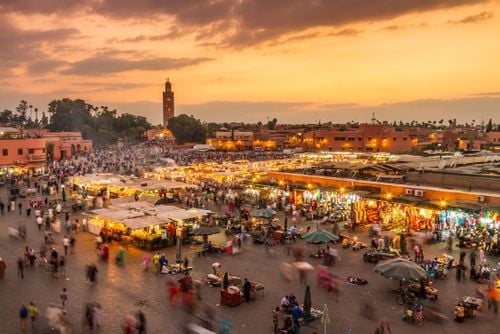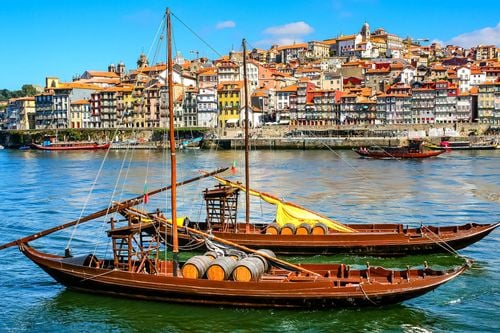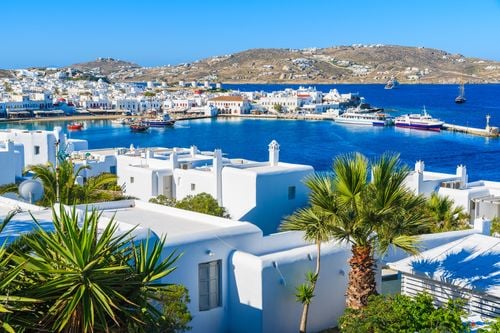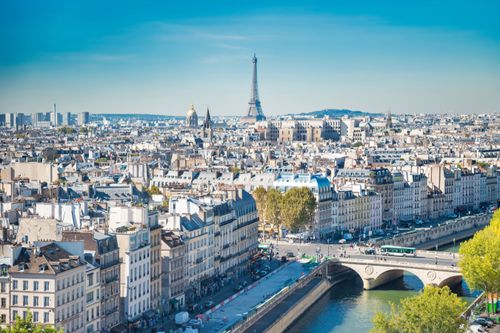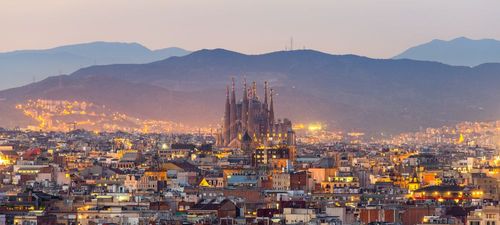Unlike other English cities whose origins date back to Roman times, it was not until the 13th century that Liverpool, a small fishing port with no history, began to grow in importance. Located at the mouth of the River Mersey in the north-west of England, its strategic position made it a leading port during the development of the British Empire in the 18th century.
Among England's great cities, Liverpool **is the one that best reflects all the country's facets. Cosmopolitan and passionate, the city that was European Capital of Culture in 2008 is **in the midst of a tourist revival, making it one of the country's not-to-be-missed destinations.
Liverpool has always looked to the sea, so it's hardly surprising that the city's pulse beats most strongly around Albert Dock, on the harbour. Liverpool knows how to face up to its past: enriched by slavery, to which it dedicates a museum, opulent during the Industrial Revolution, it fell into decline after the harsh bombardments of the Second World War, giving birth at the same time to the most famous rock band in history, The Beatles. And we haven't even mentioned football yet!
So** Liverpool offers its growing number of visitors a compendium of England's history and culture.
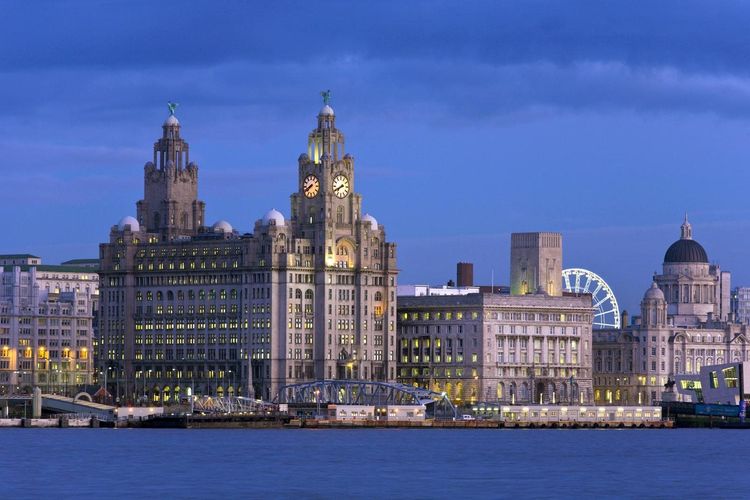
Le port de Liverpool © Thompson Paul / age fotostock
- © Thompson Paul / age fotostockLiverpool, the rise and fall of a major port
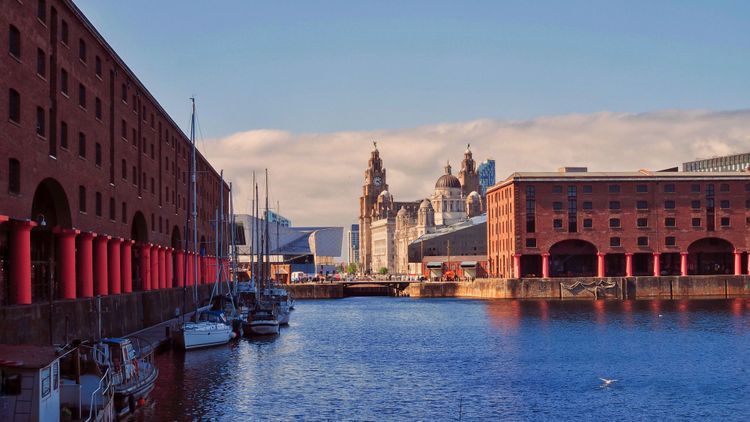
View of the port from Albert Dock
- © Pefkos / ShutterstockIt was the beginning of Liverpool's golden age, albeit a dark one in reality: Liverpool specialised in the triangular trade, sailing ships to transport African slaves to America. It was an inhumane business, but one that paid off handsomely and enabled the port to grow in importance.
In the 19th century, the British Empire was at its zenith, as was Liverpool's strategic location. Transatlantic trade with the United States was intensifying, while the city was being rapidly industrialised. At times, it was said that Liverpool was more prosperous than London! In the 1930s, its population reached 850,000. Today it is home to less than 500,000...
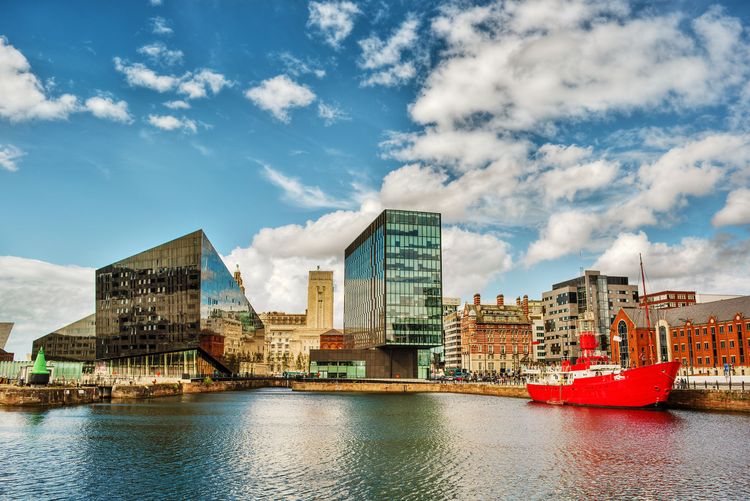
Le renouveau des docks de Liverpool
- © SilvanBachmann / ShutterstockThe bombings of the Second World War dealt Liverpool a severe blow, with the loss of much of its historic heritage. Subsequently, the inexorable decline of English industrial cities in the second half of the 20th century affected Liverpool just as much as cities like Manchester, Leeds and Newcastle...
It was a long period of decline, but the city's cultural life continued to thrive. In the 60s, a rock band from Liverpool first made a name for themselves at the Cavern Club in the city centre: the Beatles legend was born! A Fab Four on which much of Liverpool's tourist attraction is still based.
Where to stay in Liverpool?
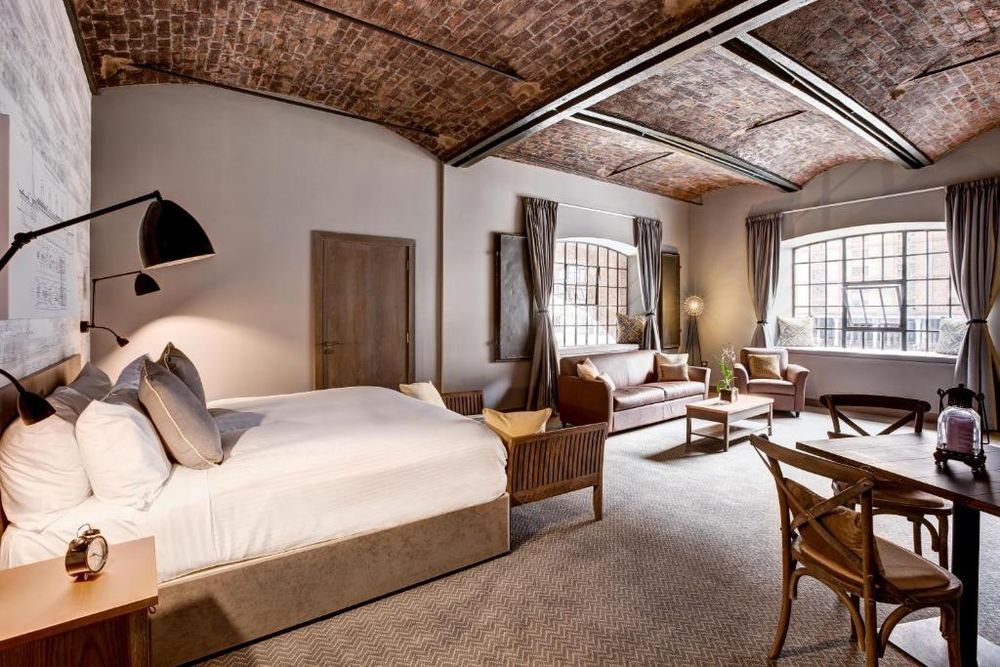 England
England
Titanic Liverpool Hotel
Magnificent hotel in LiverpoolLiverpool, a destination on the move in England
Thanks in part to the Beatles, but mainly to the city's major efforts to make itself attractive again, Liverpool has managed to reverse the trend: from a dying industrial city, it now ranks as a dynamic city and a top tourist destination in England.
The regeneration of Liverpool's port, the city's beating heart from the outset, has earned it a place on UNESCO's World Heritage List... but only for a while: too many property developments, judged negatively by the international body, have led to its downgrading in 2021!
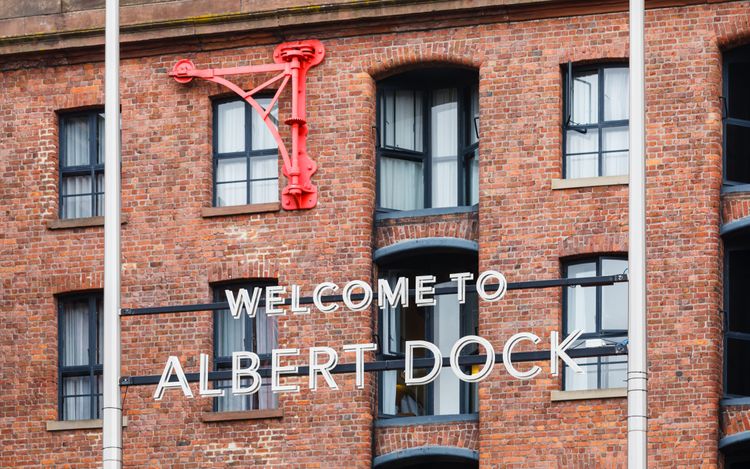
Albert Dock, the tourist heart of Liverpool
- © ATGImages / ShutterstockAll the same, most of the activity, new developments and visits are concentrated around Albert Dock. The Merseyside Maritime Museum is a must-see, retracing the history of the port without shying away from its slave-owning past, thanks to its International Slavery Museum devoted entirely to the triangular trade and the racism that accompanied it.
Just next door, Tate Liverpool, which works in conjunction with London's Tate Modern, is aimed at art lovers: keep an eye on the programme of temporary exhibitions before your visit! Also in this area, The Beatles Story (9am-4pm/5pm - adult £18) remains Liverpool's most popular attraction. Restaurants, cafés and pubs liven up the docks.
Practical information
Liverpool's National Museums
Eight of Liverpool's museums, including the Maritime Museum, theInternational Slavery Museum and Tate Liverpool, are part of England's National Museums: all admission is free. Opening times: 10am-5pm.
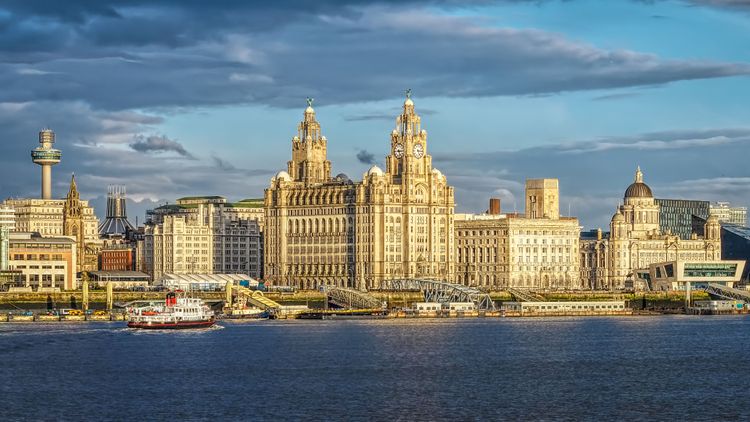
Pier Head et ses Three Graces
- © Yorkshireknight / ShutterstockTake advantage of the stroll along the quays to reach Pier Head, Liverpool's monumental showcase with its Three Graces: the Royal Liver Building (insurance), the Cunard Building (shipping company) and the Port of Liverpool Building (port administrators). As a bonus, take a trip on the Mersey Ferry (7.30am-7pm - adult: £11.50), to give yourself the illusion of taking to the open sea!
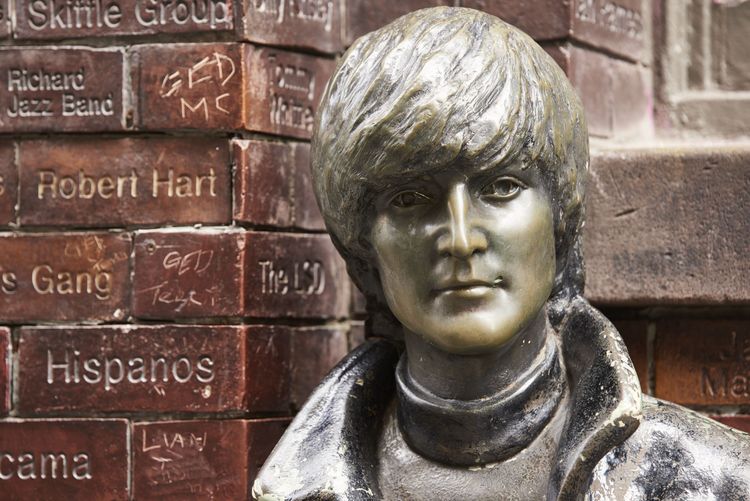
Statue of John Lennon in front of the legendary Cavern Club
- © Nando Machado / ShutterstockLet's leave the harbour behind for another of Liverpool's must-see areas, the city centre. In terms of heritage, the Town Hall and its old Georgian-style facades are particularly noteworthy, as is the oversized Liverpool Cathedral.
The commercial activity in the area is a delight to behold, with shops, restaurants and numerous pubs increasingly concentrated around Matthew Street, still home to the Cavern Club. A must for pilgrims following in the footsteps of the Beatles.
Practical information
Scouse, a stew made with lamb, carrots, onions and crispy hazelnuts, is Liverpool's great culinary speciality. From this dish comes the nickname given to the city's inhabitants, the Scousers, known for their unmistakable accent!
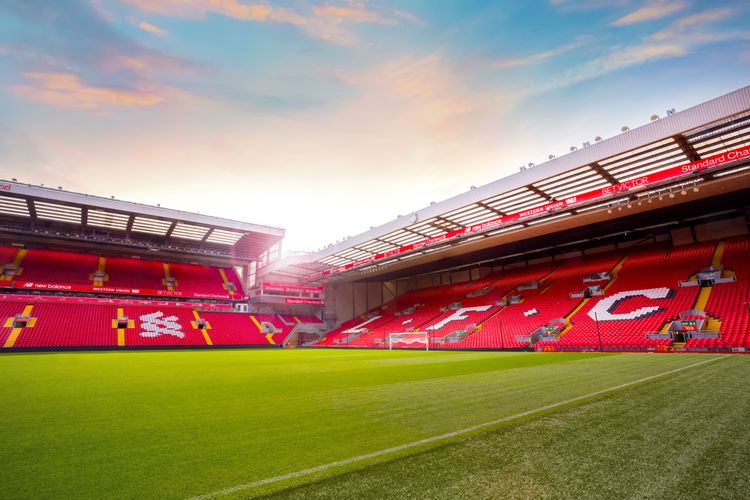
Anfield Stadium, the home of Liverpool FC
- © cowardlion / ShutterstockLiverpool is also a hotbed of English football history. The city is home to two Premier League clubs founded in the late 19th century, the legendary Liverpool FC and its historic rivals Everton. Derby matches are the talk of the town!
Practical information
How do I get to Liverpool?
- By car, Liverpool is a 4.5-hour drive from London.
- There are many bus and train connections between Liverpool, London and the main English cities.
Liverpool is served byJohn Lennon airport. Direct flights, particularly seasonal ones, are available from France (Paris, Bordeaux, Nantes, Nice, Toulouse, etc.).


